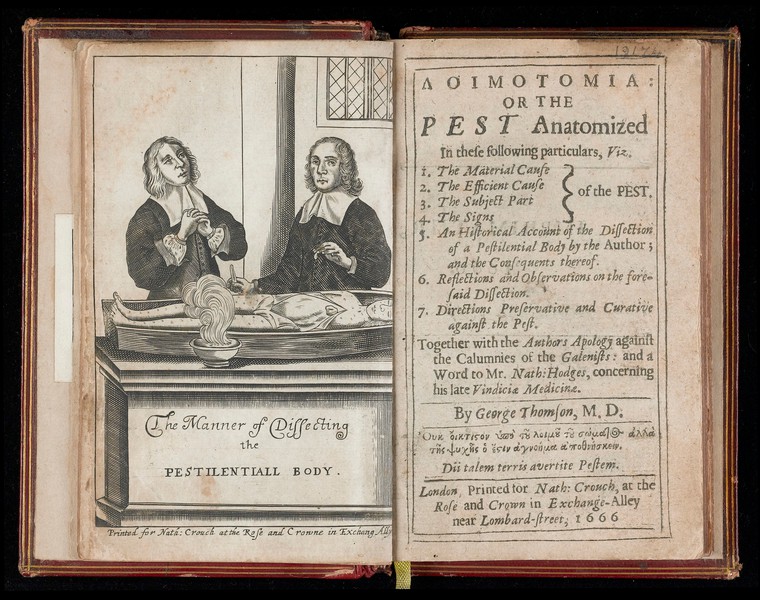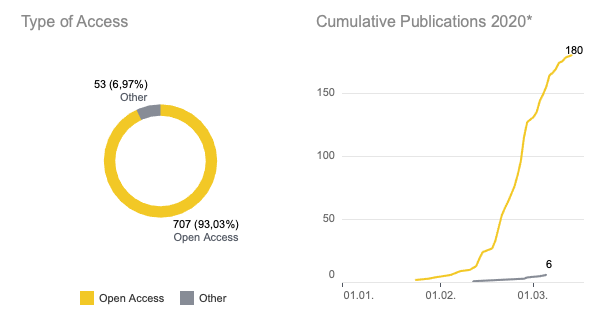
When your lab is the world but the world is closed down – Social Science Research in times of Covid-19 Stay at home. This sentence has become a common mantra for all of us during the last weeks. Most of my academic colleagues and friends are among the lucky ones who can actually stay at home and do not need to go to work.








